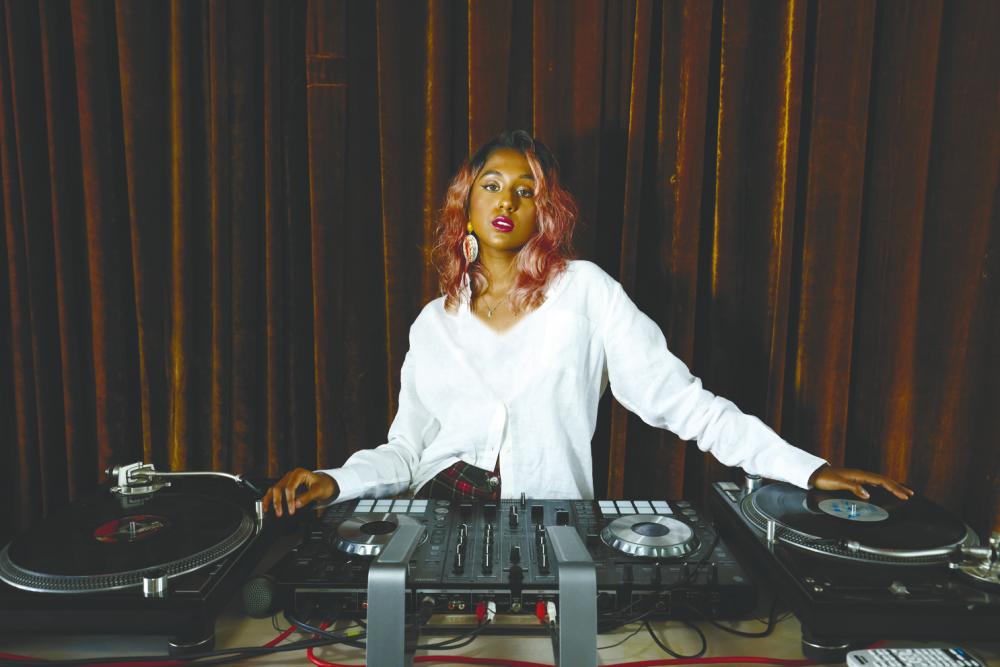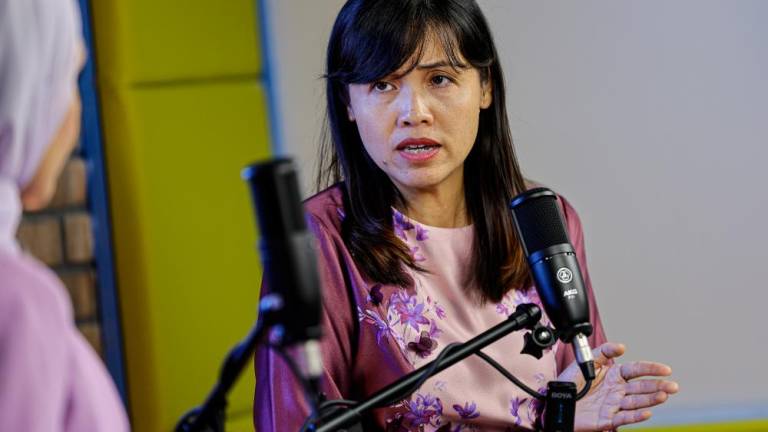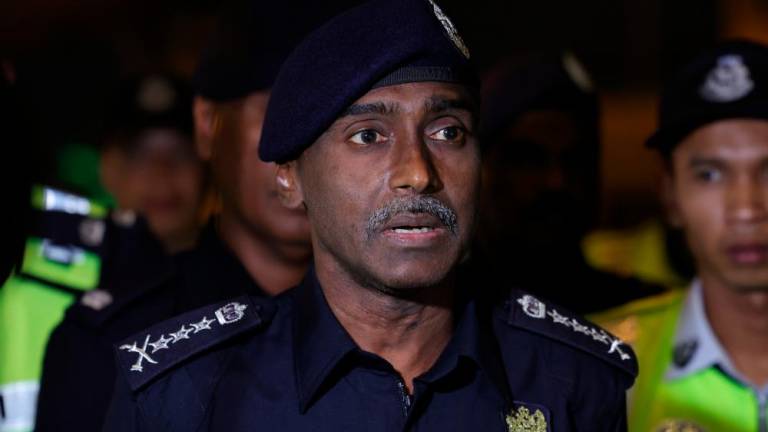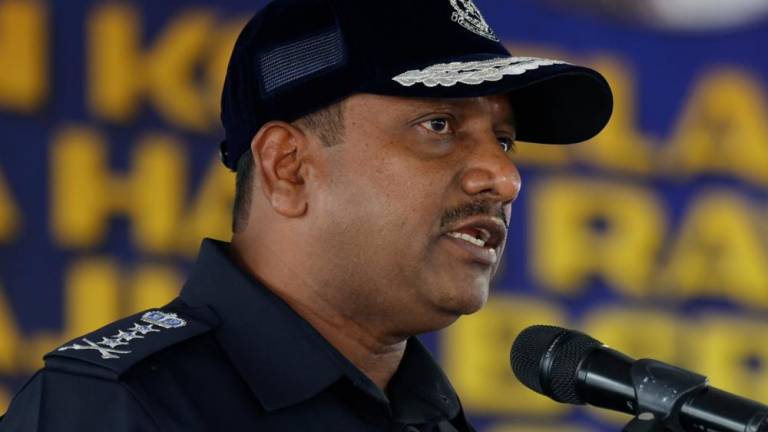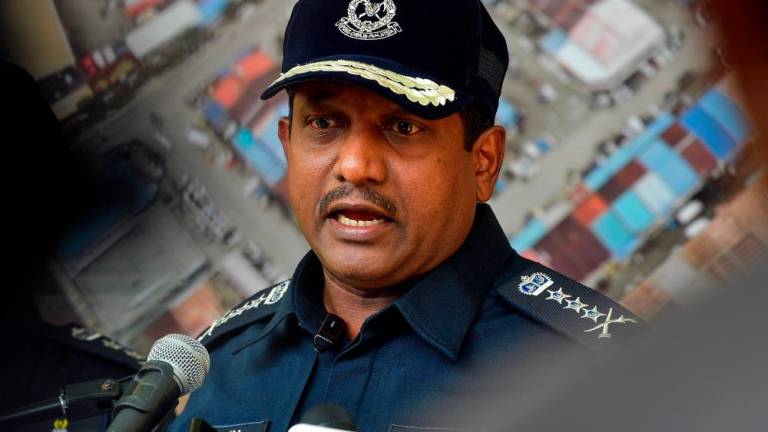RESHMA MARTIN has worked her way through the tough talent competition circuit since she was living in New Zealand at the age of eight.
At age 12 , she won the Mayor’s Award of New Plymouth with her song No One to Someone.
She then entered a spree of music competitions, including local reality TV show Akademi Fantasia 2016.
The Klang-born musician romped home as second runner-up. And most recently, Reshma made it to the Top 25 of NZ-based competition Popstars.
“I learned my craft through experiencing the competitive nature of music, rather than the usual vocal class route,” said the 22-year-old.
Reshma’s debut English single Loneliest Girl is indicative of her inability to let go of something trivial.
“I hope this song relates to all the people out there who get overwhelmed by how quickly the world can become isolating and lonely,” she added.
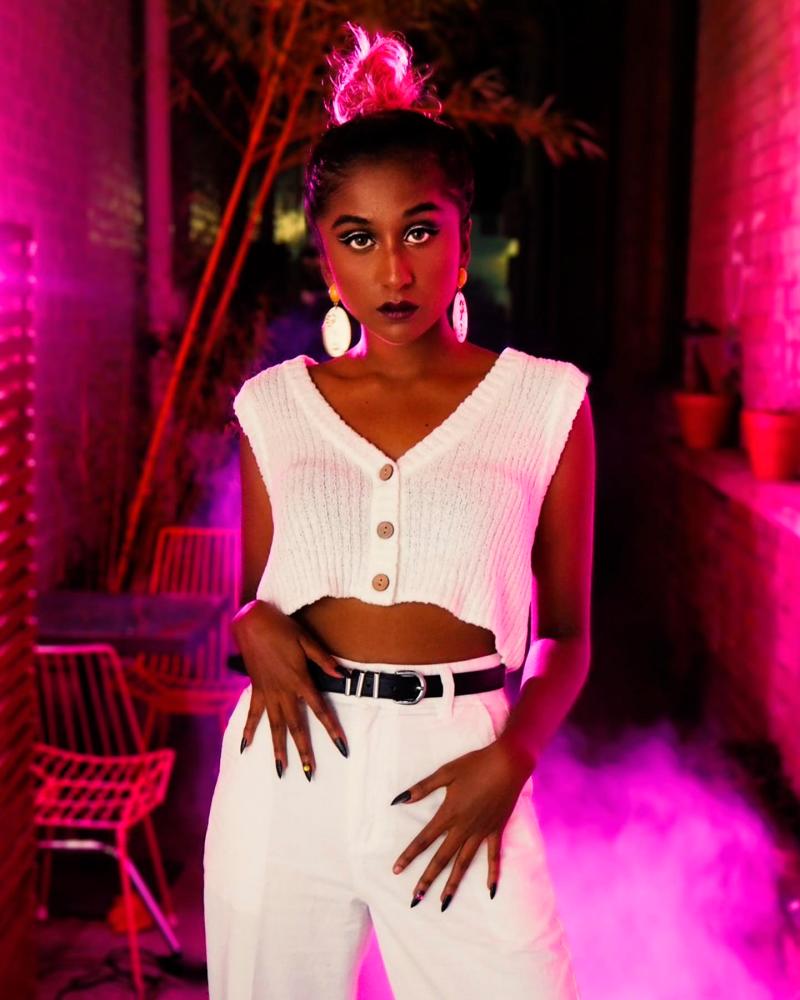
How important are places and cultures as an influence on your music?
“Super important, both on the local and international spectrum. Locally, I rely on influences that I’ve learnt in my years overseas. The most common comment that I get from fans is a belief that I can internationalise the Malaysian music industry, and it’s a definite goal of mine, which I don’t think I would’ve been as determined to do if it wasn’t for my international ventures.
“On an international spectrum, I wear my nationality with pride. I take great measures to educate my international peers about Malaysia and Malaysian music. It’s surprising how many people still think that Malaysia is a part of Singapore, but that’s when I sit them down for a 30 minute lecture on why that isn’t the case.”
What does the music scene in NZ offer that you do not find in Malaysia?
“Every music scene has similar pros and cons. One main difference is that NZ has a faster developing English scene in comparison to Malaysia.
“Malaysia has some incredible talents who write, perform and sing in English but due to the lack of platforms available for English language artistes to be able to commercialise fast within Malaysia, a lot go unnoticed. Any step is a step forward and I’m glad to see that now, there are new facilities that are presenting Malaysian English music more widely such as Hitz FM.”
Were there any positives in your rejection on Popstars? What do you think makes a good artiste?
“I wouldn’t say I was necessarily rejected, I think I wasn’t a good representation of the “best Kiwi artiste of our generation”. I had only come back to NZ four months earlier, being able to make the Top 25 without an English single released was pretty major, considering thousands of people auditioned. If anything, I’m grateful because it gave me the connections and time to be able to leverage my appearance on the show with the release of Loneliest Girl.
“What makes a good artiste is knowing your craft inside and out, and knowing how to make your talent and work stand out from the rest. There are so many unseen factors that go behind being a self-sufficient artiste, and that gets underestimated often.”
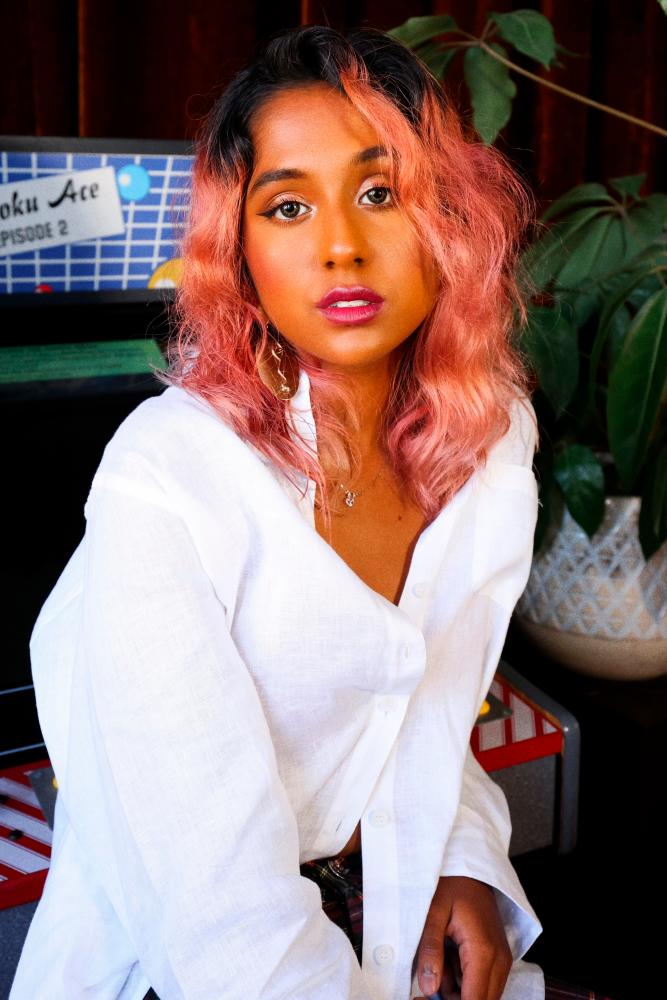
What is the story behind Loneliest Girl?
“Loneliest Girl was written as an ode to the tumultuous times I felt myself being stuck in. In the past five years as a singer, I’ve done things people could only dream of doing.
“Yet, I always found myself stuck underneath a glass ceiling when it came to how much I could do and how far I could go, and that glass ceiling was social media.
“I related the feeling of being lonely on social media to being like lonely in a relationship. I subtly included lyrics that referenced social media, I made the choice to make the main imagery a relationship because I believe that social media almost becomes a partner in your life, especially in creative fields.”
How do you evaluate your own music?
“I’m pretty harsh on myself, there is a huge tendency to overthink something and ultimately ruining the final product. I make sure to hold on to the song for a month or so, consistently listening to it and making changes. Then, when I’m absolutely certain, I’d send it to a few trusted friends within the music scene. I’m also not afraid of criticism and help because sometimes, the thing that’s wrong is the thing you can’t see.”




